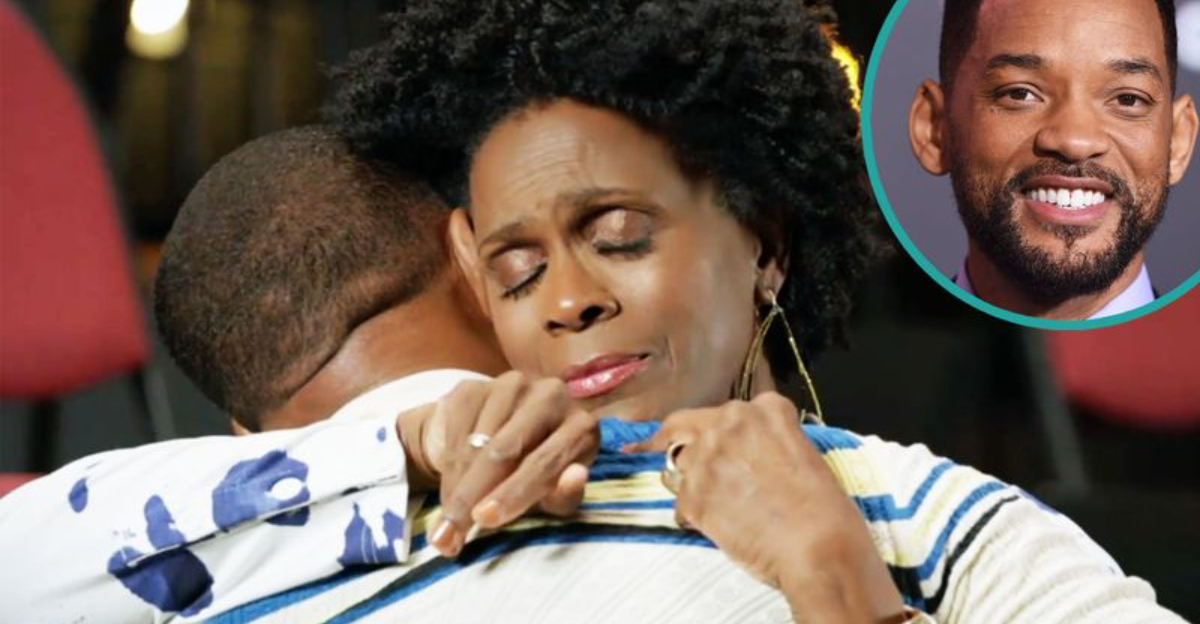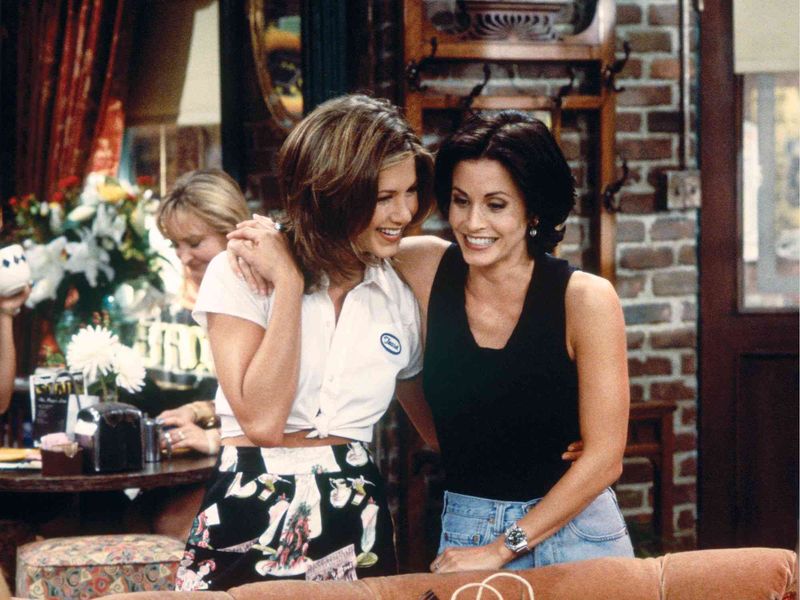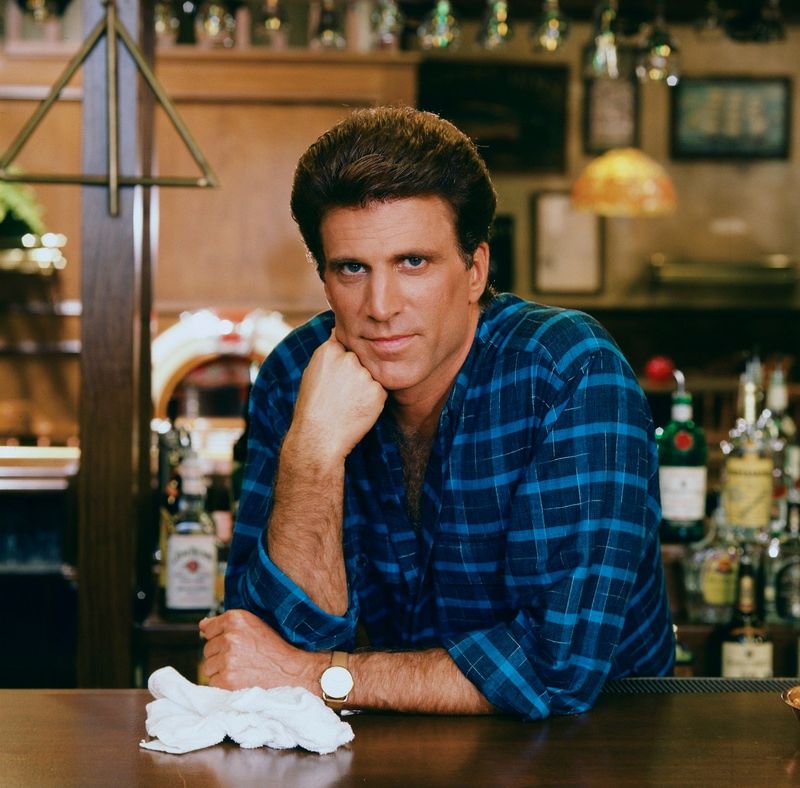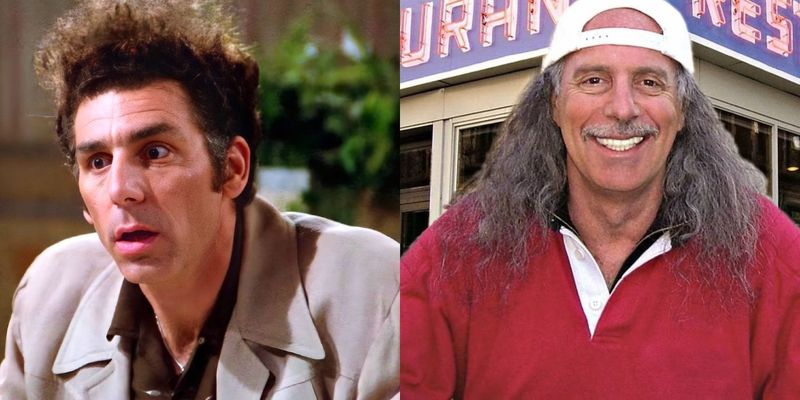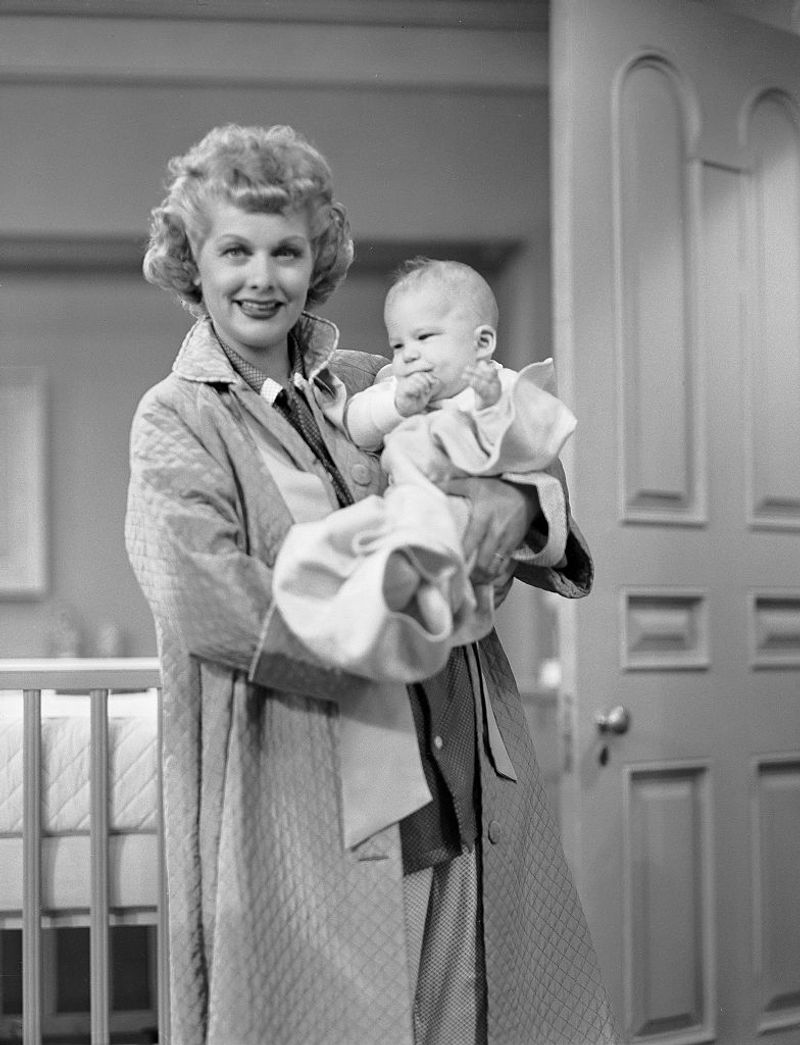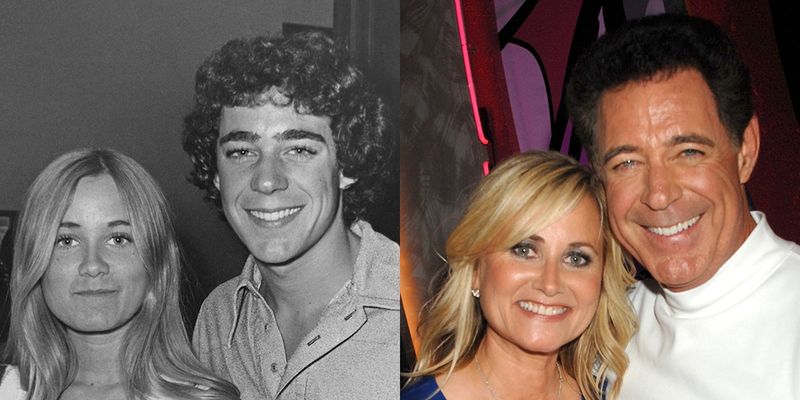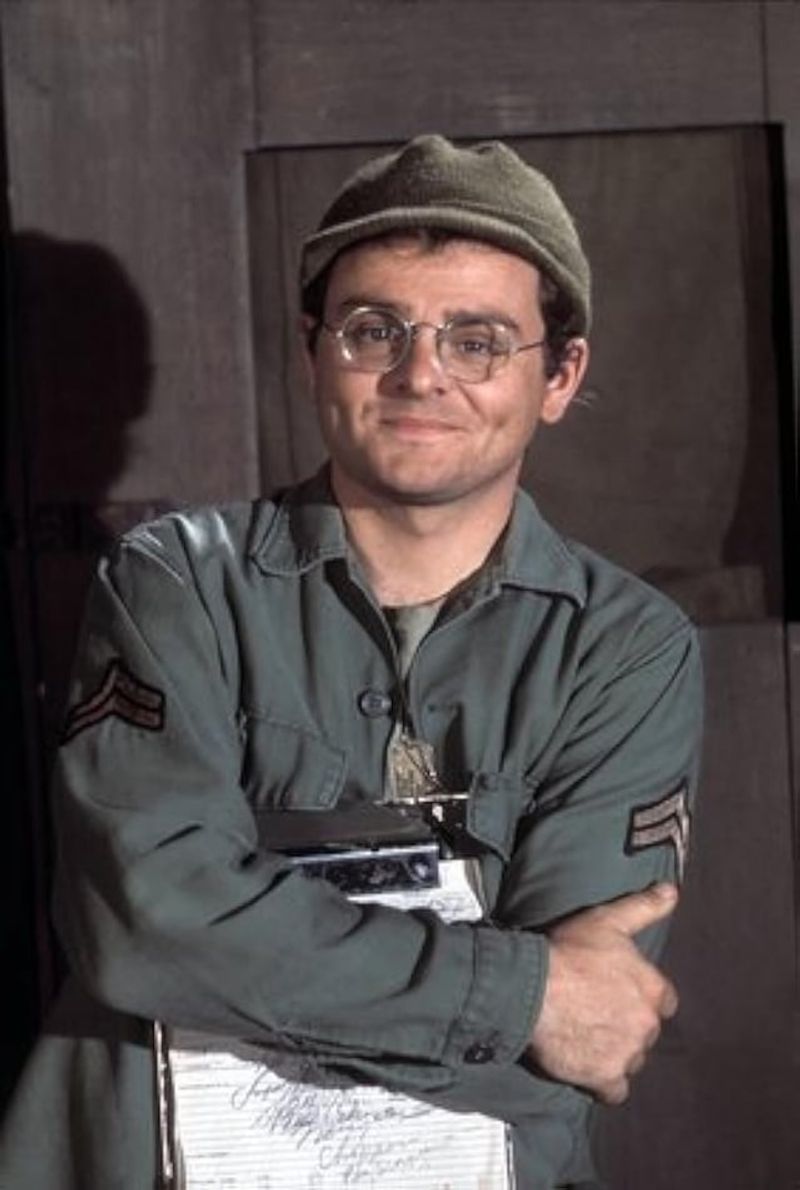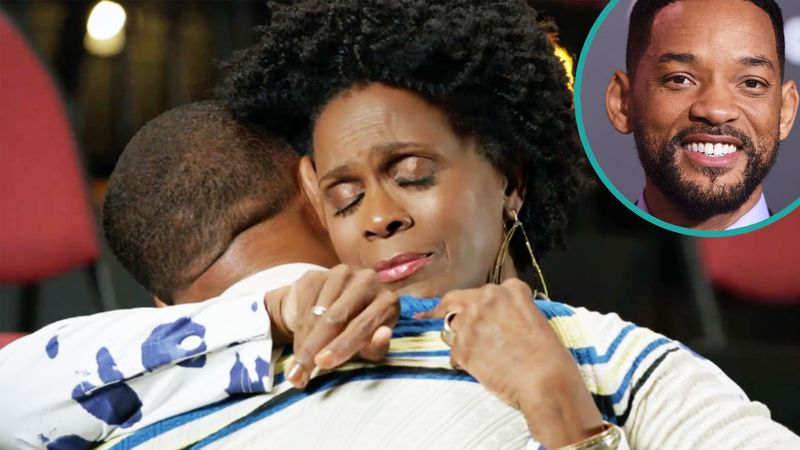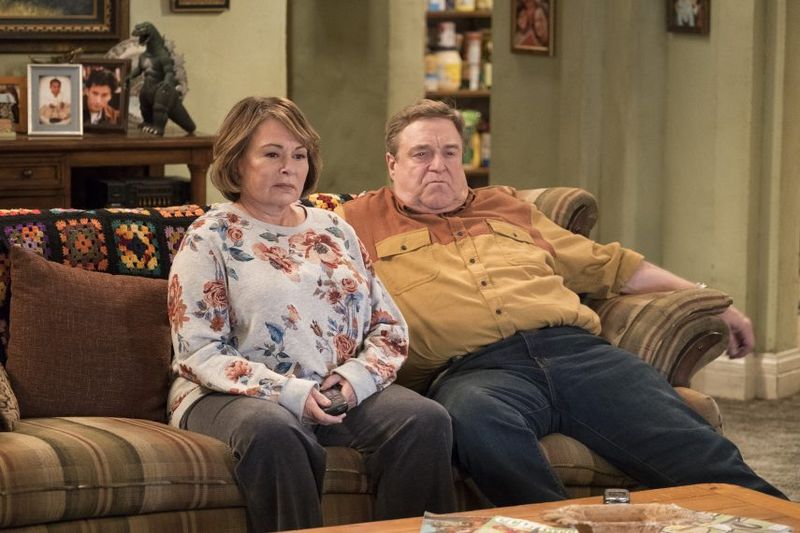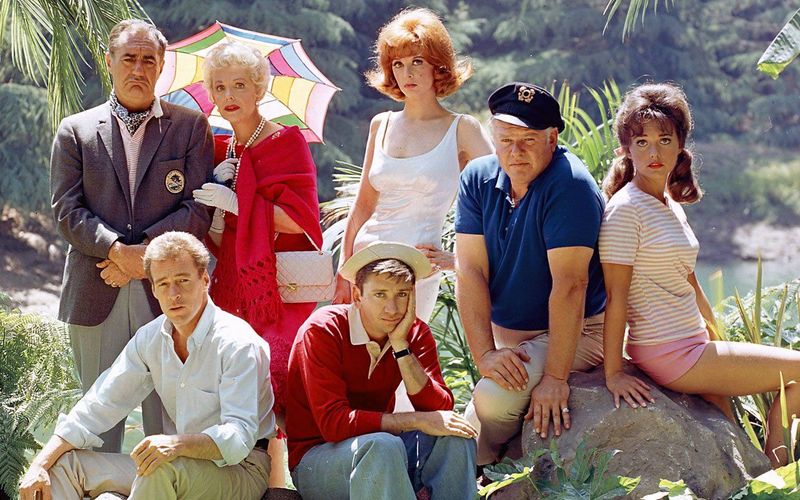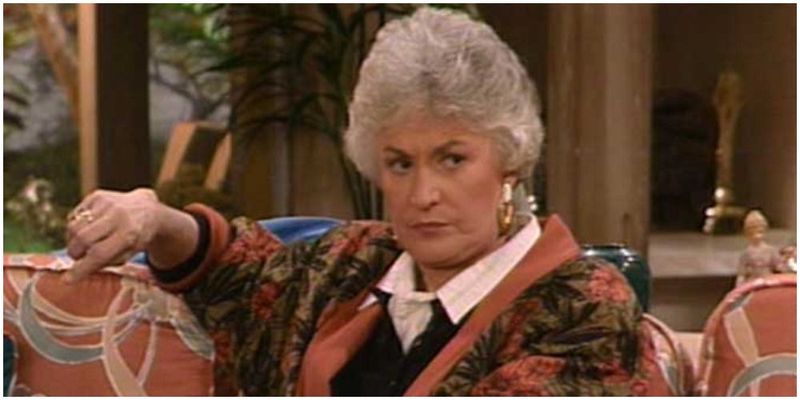Classic sitcoms brought laughter into our homes for decades, but behind those perfect punchlines and heartwarming moments lurked surprising secrets.
Many beloved TV shows had shocking behind-the-scenes stories that even surprised the actors themselves.
From last-minute casting changes to hidden personal struggles, these revelations show just how different television production was from the polished final product we enjoyed on our screens.
1. Friends Almost Lost Jennifer Aniston
NBC executives nearly had to recast Rachel Green after Jennifer Aniston was contractually obligated to another show called “Muddling Through.” The network strategically scheduled TV movies against this competing show, helping it fail in ratings.
Aniston herself was stunned to learn years later about these behind-the-scenes maneuvers that saved her role. Had “Muddling Through” succeeded, television history would look drastically different today.
2. Cheers Bartender Was Originally A Baseball Player
Sam Malone, the charismatic bar owner played by Ted Danson, wasn’t always conceived as a recovering alcoholic former relief pitcher. Early drafts portrayed him as an active NFL player until the creators realized a baseball background better fit the Boston setting.
Danson was floored when discovering the original character concept years after the show ended. This fundamental change shaped the entire series, giving Sam’s relationship with alcohol its powerful dramatic tension.
3. Seinfeld’s Kramer Had A Real-Life Counterpart
Michael Richards was astonished to learn his iconic character was based on Larry David’s actual neighbor, Kenny Kramer. This real-life eccentric lived across the hall from David and exhibited many of the same quirky mannerisms.
Following the show’s success, the real Kramer capitalized on his connection by creating the “Kramer Reality Tour” of New York City locations featured in the series. Richards reportedly found this commercialization uncomfortable, creating tension between the character’s inspiration and portrayal.
4. I Love Lucy’s Pregnancy Controversy
When Lucille Ball became pregnant during the second season, CBS executives initially refused to acknowledge it on air. The word “pregnant” was deemed too vulgar for television in the 1950s, forcing writers to use “expecting” instead.
Ball was startled to discover the network’s extreme measures, including having a priest, rabbi, and minister review scripts containing pregnancy references. The episode announcing Lucy’s pregnancy ultimately drew 44 million viewers, breaking records despite the controversy.
5. The Brady Bunch’s Secret Romance
Barry Williams (Greg) and Maureen McCormick (Marcia) shocked fans years later by revealing their behind-the-scenes romance. Their first kiss actually happened during filming, not just on screen between their characters.
McCormick admitted being stunned when Williams later disclosed additional on-set relationships in his tell-all book. The wholesome family show’s squeaky-clean image contrasted sharply with these teenage hormones and backstage flirtations that the young actors themselves didn’t fully appreciate at the time.
6. M*A*S*H’s Radar Departure Stunned The Cast
Gary Burghoff’s decision to leave M*A*S*H after seven seasons blindsided his castmates. His character Radar O’Reilly departed in a two-part episode that became one of television’s most emotional farewells.
What shocked fellow actors most was learning Burghoff’s severe burnout and family struggles had been hidden for years. His left hand, which had a congenital deformity, was carefully concealed throughout filming using clipboards, papers, or camera angles—a detail many castmates only discovered after his departure.
7. The Fresh Prince’s Original Aunt Viv Feud
Janet Hubert’s sudden replacement as Aunt Viv after three seasons stemmed from a behind-the-scenes conflict with Will Smith that remained bitter for decades. Cast members were shocked by the intensity of their falling out.
Smith later admitted being young and arrogant during filming. The feud’s resolution finally came during the 2020 reunion special, where both actors tearfully reconciled after 27 years of public animosity—a healing moment neither star believed would ever happen.
8. Roseanne’s Finale Twist Blindsided Everyone
The 1997 series finale revealed the entire final season was fictional—Dan had actually died from his heart attack, and Roseanne had reimagined her family’s life as a coping mechanism. This twist stunned not only viewers but many cast members who weren’t informed until late in production.
John Goodman expressed genuine shock at discovering his character had been “dead” for an entire season. This controversial creative decision was later retconned when the show returned in 2018, adding another layer of confusion to the series mythology.
9. Gilligan’s Island Cast Earned Almost Nothing From Reruns
Despite becoming one of television’s most rerun shows, the Gilligan’s Island cast received virtually no residuals from decades of syndication. The actors were astonished to learn they’d signed away their rights in early contracts.
Bob Denver (Gilligan) later fought for his castmates when he discovered this injustice. He threatened to have his own name removed from syndication credits unless all actors received equal billing, a gesture that brought the cast closer together even as they watched others profit from their work.
10. Happy Days Invented The Term “Jumping The Shark”
The infamous scene where Fonzie literally jumps over a shark while water-skiing became television’s universal metaphor for a show past its prime. Henry Winkler was floored to discover years later that this stunt created a cultural touchstone still used today.
Ironically, Winkler actually performed the water-skiing stunt himself due to his real-life skiing skills. The actor had no idea this moment from season five would define the show’s legacy more than any of its earlier, groundbreaking episodes that had made Happy Days a cultural phenomenon.
11. The Golden Girls’ Dorothy Almost Wasn’t Bea Arthur
Bea Arthur initially rejected the role of Dorothy Zbornak multiple times. The producers were so determined to cast her that they hired all the other actresses first, hoping their involvement would convince Arthur to sign on.
Arthur was stunned to learn years later that NBC executives originally considered her “too masculine” for the role. Her castmates kept this harsh criticism secret throughout filming. The show’s massive success vindicated Arthur’s portrayal, establishing Dorothy as one of television’s most beloved characters.
12. Full House’s Uncle Jesse Was Originally Named Adam
John Stamos requested his character’s name change from Uncle Adam to Uncle Jesse after the pilot episode. The change honored Stamos’ real-life grandfather, whom he deeply admired.
What shocked Stamos years later was discovering producers initially considered the character temporary. Network executives planned to potentially write Uncle Jesse out after season one if audience testing proved negative. Instead, Jesse became the show’s breakout character, completely transforming Stamos’ career trajectory and the series’ overall direction.
